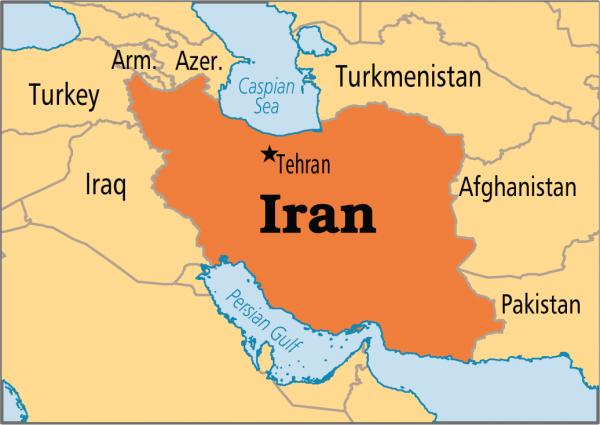Now Reading: Deadly Surge: Lassa Fever Claims 142 Lives, Hits 747 Confirmed Cases Across 18 Nigerian States — NCDC Alerts
-
01
Deadly Surge: Lassa Fever Claims 142 Lives, Hits 747 Confirmed Cases Across 18 Nigerian States — NCDC Alerts
Deadly Surge: Lassa Fever Claims 142 Lives, Hits 747 Confirmed Cases Across 18 Nigerian States — NCDC Alerts

A fresh wave of Lassa fever infections has left 142 Nigerians dead and 747 confirmed cases recorded across 18 states, according to the Nigeria Centre for Disease Control and Prevention (NCDC) in its epidemiological week 22 report, dated June 10, 2025. The agency warns that the disease is intensifying despite reduced suspected cases compared to last year.
The reported Case Fatality Rate (CFR) currently stands at 19.0%, marking a slight uptick from 18.5% recorded during the same period in 2024. Data shows the disease is spreading with fresh infections reported in Ondo, Bauchi, Edo, and Nasarawa, where eight new cases emerged, rising from six the previous week.
The majority of infections are concentrated in just five states — Ondo (31%), Bauchi (25%), Edo (16%), Taraba (16%), and Ebonyi (3%) — which collectively account for 91% of the national total. These states remain the epicentres of Nigeria’s Lassa fever crisis, prompting increased federal health interventions.
Men aged 21–30 years are the most affected, with a median age of 30 and a male-to-female ratio of 1:0.8, highlighting the urgent need to target young adult populations in awareness campaigns. The outbreak is compounded by environmental factors such as poor sanitation, overcrowding, and increased rodent contact in rural communities.
To stem the spread, the NCDC has deployed 10 Rapid Response Teams to high-risk states and intensified its One Health strategy by working across human, animal, and environmental health sectors. Infection prevention training and new e-learning platforms have been launched with support from DRASA, the Global Fund, and the Robert Koch Institute.
Officials have ramped up communication efforts, integrating Lassa fever awareness into broader Viral Haemorrhagic Fever (VHF) messaging. National guidelines have been printed and distributed to health facilities while state IPC structures and treatment centres are receiving technical and logistical reinforcements to curb hospital-acquired infections.
Nigerians are urged to avoid contact with rats, store food properly, maintain personal hygiene, and seek immediate medical attention when symptoms like fever, vomiting, or bleeding occur. As the rains intensify, experts warn that Lassa fever could spiral if vigilance and community-level interventions are not scaled up swiftly.




